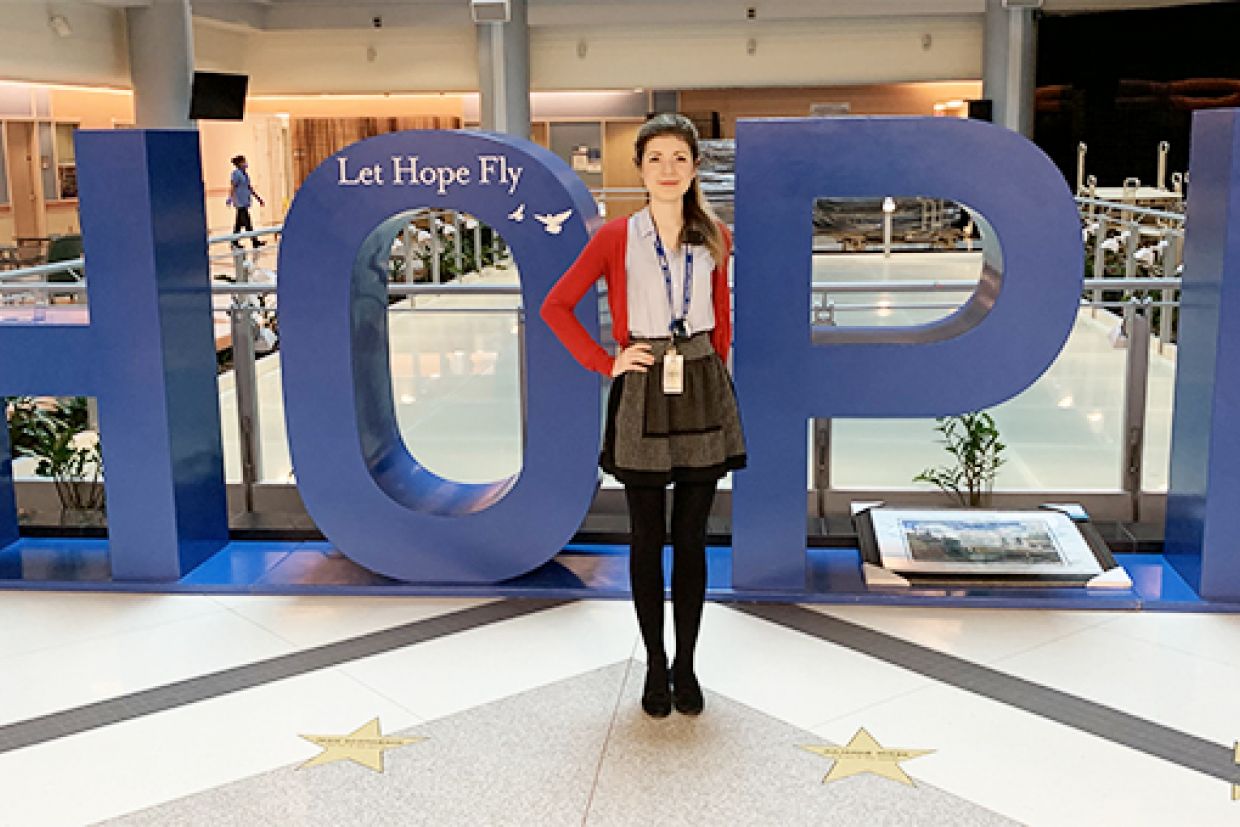In the era of COVID-19, Kelsey Houston’s job is more important than ever. As an infection control practitioner at Princess Margaret Cancer Centre in Toronto, the Artsci’16 graduate tries to prevent pathogens from infecting people and stopping outbreaks.
A few months ago, she was worried about influenza, C. Difficile, and fungal pneumonia. Now she is putting in long days and answering emails in off hours – to make sure that one case of COVID-19 at the hospital does not turn into a cluster.
Thankfully, Princess Margaret had not experienced an outbreak like some long-term facilities in Ontario and Quebec.
“Anytime there is a case and you don’t see subsequent spread, that is a win,” says the Life Sciences graduate.
The best way to prevent an outbreak is to put infection control measures in place to reduce the chances of COVID-19 transmission in the first place. That’s why over the past few weeks, Ms. Houston has made changes to waiting rooms to accommodate physical distancing, and also revised procedures on how to disinfect equipment. She educated staff on how to properly put on PPE and how to spot COVID-19 symptoms.
When a positive test result comes in, Ms. Houston turns into an infection detective. She must find out if the patient picked up the virus in hospital or if they came in with it. She will conduct contact tracing – which includes placing any patient who might have shared a room with the COVID-positive person on precautionary isolation. She also works with the hospital’s occupational health department to provide a period of “communicability,” which ensures they can identify any potentially exposed staff. “When you have a positive (COVID-19 case) pop up, there is some initial anxiety of making sure I can track down where it was acquired and what has been the scope of this patient’s activity in the hospital,” says Ms. Houston.
Sometimes she can help staff in ways other than physically protecting them from infectious diseases. Part of the job is also protecting staff’s mental health by clearly communicating the rationale for policies and procedures. Ms. Houston sends out regular communications directly to staff on her units to explain things such as the difference between procedure and N95 masks, and which to use when.
“I got back a few responses from staff saying these emails help put their minds at ease. It’s moments like that where I am happy, I can make people feel more confident and secure while they are working.”
As a student, Ms. Houston started at Queen’s thinking about a career as a doctor. She soon realized critical care was not for her, but she still had a desire to work in a hospital. Advice from one of her professors, Dr. Prameet Sheth, convinced her to investigate the field of public health which eventually led to her career in infection control.
She says the critical thinking skills she learned at Queen’s are very important right now. “During COVID-19, there are so many research papers being published at once,” says Ms. Houston. “Some are very useful and others, when you boil them down, are entirely misleading and should not be used to dictate my practice.”
Are you or a Queen’s graduate you know making a difference in the fight against COVID-19? Tell us.


